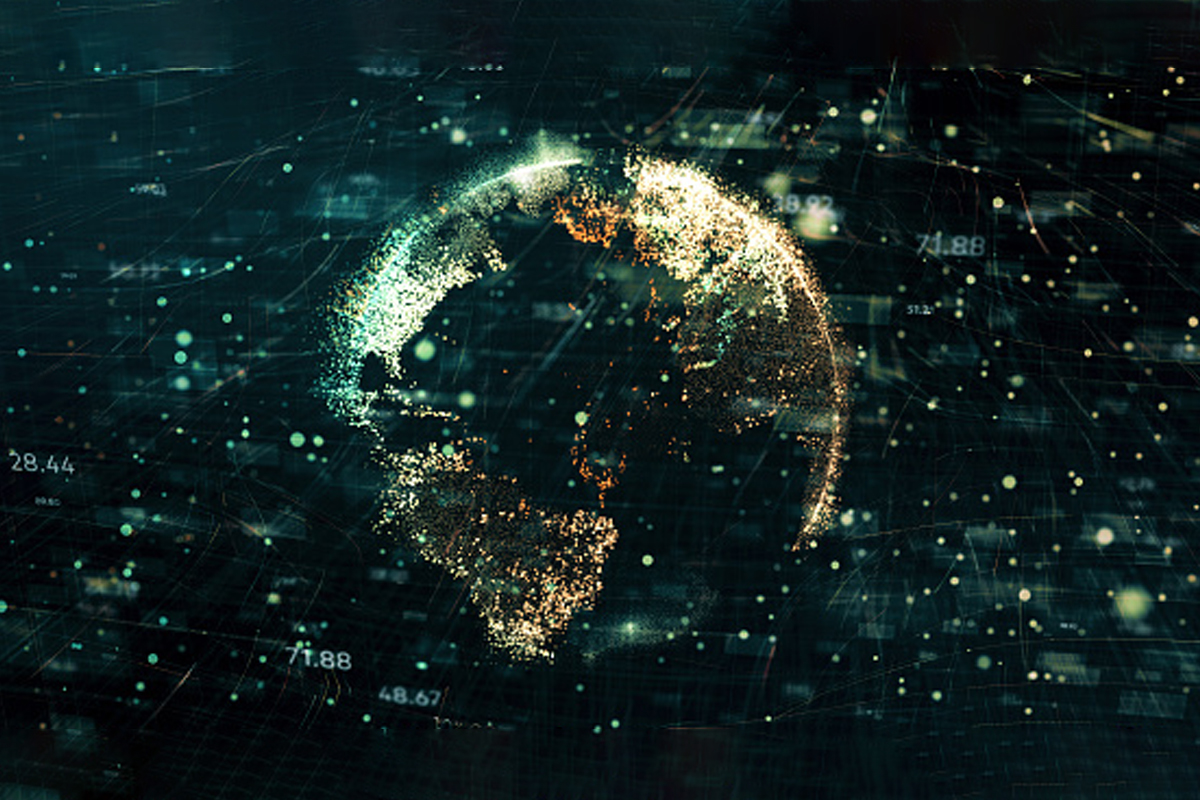
April 10, 2021
The Question of Morality in the National Interest and International Investment
- 0
There are many ways one can live for others to achieve their inner satisfaction: spending time and money on others or advising, teaching, or preaching to them. One can be a millionaire or a billionaire and help the poor uplift their standard of life in Sub-Saharan Africa, Yemen, Palestine, and many other conflict zones, where helping with money could be quite beneficial and life-changing. And indeed, some are doing that. But the question is whether helping with money changes the lives of people.
People have many basic needs and endless desires, so helping them with money can stabilize their life for only a certain period of time, but not for their whole life. The countries and regions, which are mentioned above, are for decades experienced crises in health, economy, employment, and education; if conflicts, wars, and civil wars are included, then the result is another severe crisis of refugees and internal migrations.
It is not beneficial to directly give money to the people but to create such an environment that they can help themselves, like, by investing in those regions in various sectors and setting up modern industries. One can look at the data that some countries are investing heavily in underdeveloped regions. But the question to be asked is: what is the intention of that investment? Is it the self-interest motives, without caring about others?
Going according to the data and the actual realities of those regions, their condition has not improved, and in some cases, it has deteriorated. Self-interest is destructive in nature— caring more about oneself so much so that it causes harm to others. The harm done to them is not considered or measured. This is what produced the concept of individualism. Individualism is in itself a good concept, but not every time. I, as an individual, have my choices and rights which I will use, where nobody has the right to coerce me. This is where individualism is a good concept. But where I coerce other communities, societies, or states to fulfill my self-interest, then this individualism is not a good concept. Our world is a complex place where using one concept, theory, or ideology to see the world is like preparing for a war without considering the casualties.
There is a relation between self-interest and individualism which is needed to be differentiated. It was the self-interest of the western powers of the previous centuries that inflicted heavy casualties on the third world countries economically, sociologically, and psychologically; and those periods in history were characterized by colonialism and imperialism. It is self-interest that divided the world into the core, periphery, and semi-periphery. These terms were coined by the Neo-Marxists to understand how some of the well-developed states exploit the other states. For instance, China’s investments in other countries, especially in African continents, are meant, what one can observe easily, only to exploit the people and the resources in the same way that the colonial powers did during the colonial times.
This can provide more insight into what Africans think about Chinese investments and loans in Africa. Michael Sata, a Zambian politician wrote, “European colonial exploitation in comparison to Chinese exploitation appears benign because, even though the commercial exploitation was just as bad, the colonial agents also invested in social and economic infrastructure. The Chinese investment, on the other hand, is focused on taking out of Africa as much as can be taken out without any regard to the welfare of the people.”
Another example could be that the Sri Lankan Hambantota port was leased to China for 99 years, not because the Sri Lankan government has enough resources to run the country and Sri Lanka does not need the port. The case here is just the opposite. The Sri Lankan government could not repay back the loan, and accordingly, China took control of the port. Pakistan’s Gwadar port is mostly controlled by the Chinese authorities. All these examples, whatever the terms, conditions, and agreements between the states, show the self-interest of the countries; to be more precise, the selfishness, which leads the stronger states to coerce smaller states in the name of investments, loans, and aid. One can argue why the smaller states go for such types of loans where such types of agreements are presented. The point is: can one kill someone for self-defense?
It is not only China who is doing this, promoting the national interest to coerce others, but the USA and the other developed countries do the same. The USA provides financial aid to many countries. According to the Oxford dictionary, the meaning of ‘aid’ is “money, food, etc., that is sent to help countries in difficult situations.” Foreign aid, according to the Neo-Marxists, is conducted not to stimulate the economic development of developing countries. On the contrary, the purpose of foreign aid is to promote national interests, have control over the recipients, and manage economic development according to the donor’s preference. So the donor decides which kind of industries of the recipients to stimulate and which to suppress. The recipients of aid from the developed countries in the world are not the poorest countries, but the countries in which the donors are interested. To understand this, the USA’s foreign aid to Israel was the second highest expenditure of any country in 2019.
There is a stark difference between the GDPs of Israel and other recipient countries. It tells nothing more than self-interest. There is no doubt that the developed countries give their help and support with their aid, investments, and loans to the developing and the underdeveloped countries, but with certain motives, which do not result in or transfer into something meaningful. We can understand this from the views of Kwame Nkrumah, an advocate of Pan-Africanism, “The essence of neo-colonialism is that the State which is subject to it is, in theory, independent and has all the outward trappings of international sovereignty.
In reality, its economic system and thus its political policy is directed from outside.” After the decolonization of the world, especially in Africa and Asia, the idea of free and sovereign equality was propounded, but many scholars are sceptical of this view. Although the new nation-states are politically free, they are economically dependent on advanced industrial states and international financial institutions and organisations, such as WTO, IMF, and the World Bank. When the independent states take loans from these actors, then there are some terms and conditions which are to be accepted. These terms and conditions pave way for neo-imperialism, which is what Kwame Nkrumah talked about.
One can argue that the world does not run according to the ideal concepts, but according to the realistic (profit maximization) concepts. I agree. But that will only cause great suffering and pain and take endless lives due to hunger, poverty, war, ethnic conflicts, climate change, and even genocides. These terminologies are neither new nor need to be defined or explained. These terms are so real that we live by them. The work of scholars, philosophers, economists, politicians, and scientists is not only to explain or predict future events, the real achievement is to change them.
ADVERTISEMENT

Related post

September 10, 2023

